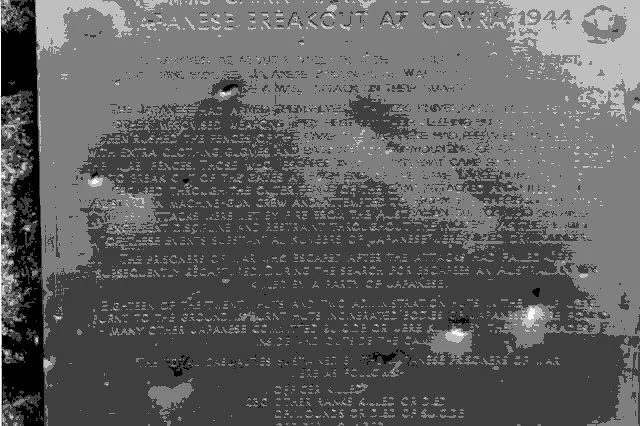Definition.
Organisations are defined by who calls meetings, who attends, and who declines and gets away with it.
Communications.
“…The term ‘organisation’ refers to the pattern of communications and relations among a group of human beings, including the processes for making and implementing decisions.” Herbert A. Simon
You’re not part of an organisation if you’re not sharing and comparing information for the purpose of better decision making.
Rule Breaker.
You must break a rule in order to create a new rule.
Breaking rules is very, very dangerous.
The gatekeepers of the status quo do not have to engage with your proposed new rule.
They need only sound the alarm and punishment comes running.
Resolution.
Reframe complaints and their policies away from fault, error, blame, and punishment -
- to bridging information gaps, learning, and continuous improvement.
When is a complaint resolved?
When the respondent has satisfied themselves that they have the best information to make future decisions.
The Real Boss.
Be sure to know who the real boss is.
You think you’re the boss, yet if people know you’re not, they will pay you lip service while keeping their eye on the real boss.
Your test of whether you’re the real boss is if you’ve got nobody to complain to.
Surfacing the Information.
Often it’s only by making a mistake that we surface the information that allows us to know we’re mistaken.
And for others to gleefully point it out.
The Problem with Team.
The problem with ‘Team’ is it’s abstract.
Who or what is ‘Team’?
Urging people to work with the ‘team’ or put the ‘team’ first relies on each person sharing the same identity of ‘team’.
Better to say ‘work with Tom’ or ‘Dick’ or ‘Mary’ or even ‘the person relying on you’.
‘Team’ is like ‘School’.
Everybody can say it’s not them.
The One Rule Book.
When a decision maker applies positional power to make a decision affecting someone else, what they are saying is:
‘ I have a rule book that nobody else has, including you. Every time I apply that rule to you, my rule book resets and what may have been the rule yesterday, may not be the rule today. I get to decide when you break a rule and displease me, or when you don’t and please me. You won’t know whether you’ve displeased or pleased until I say so. So you’d better be nice to me.’
‘In short there is only one rule in the One Rule Book you need to know: Please me.’
Resolution.
Writing is like photography.
The more accurate the words, the finer the resolution of the picture.
Error Co-Dependent.
The bad boss relies on the errors of the workers to keep their job.
As long as the workers fail, they need a boss to boss them.
Bad workers keep bad bosses employed.



















